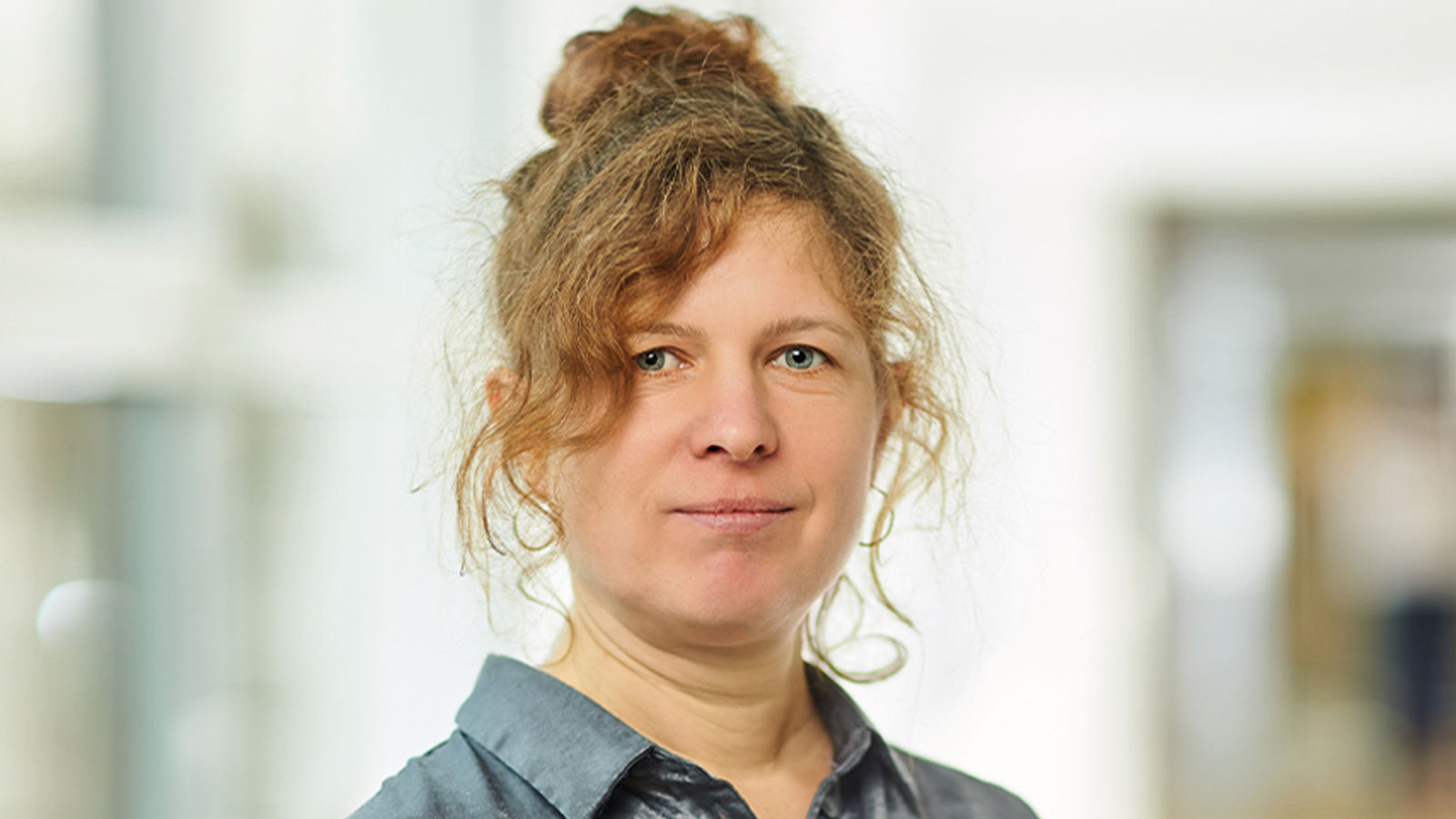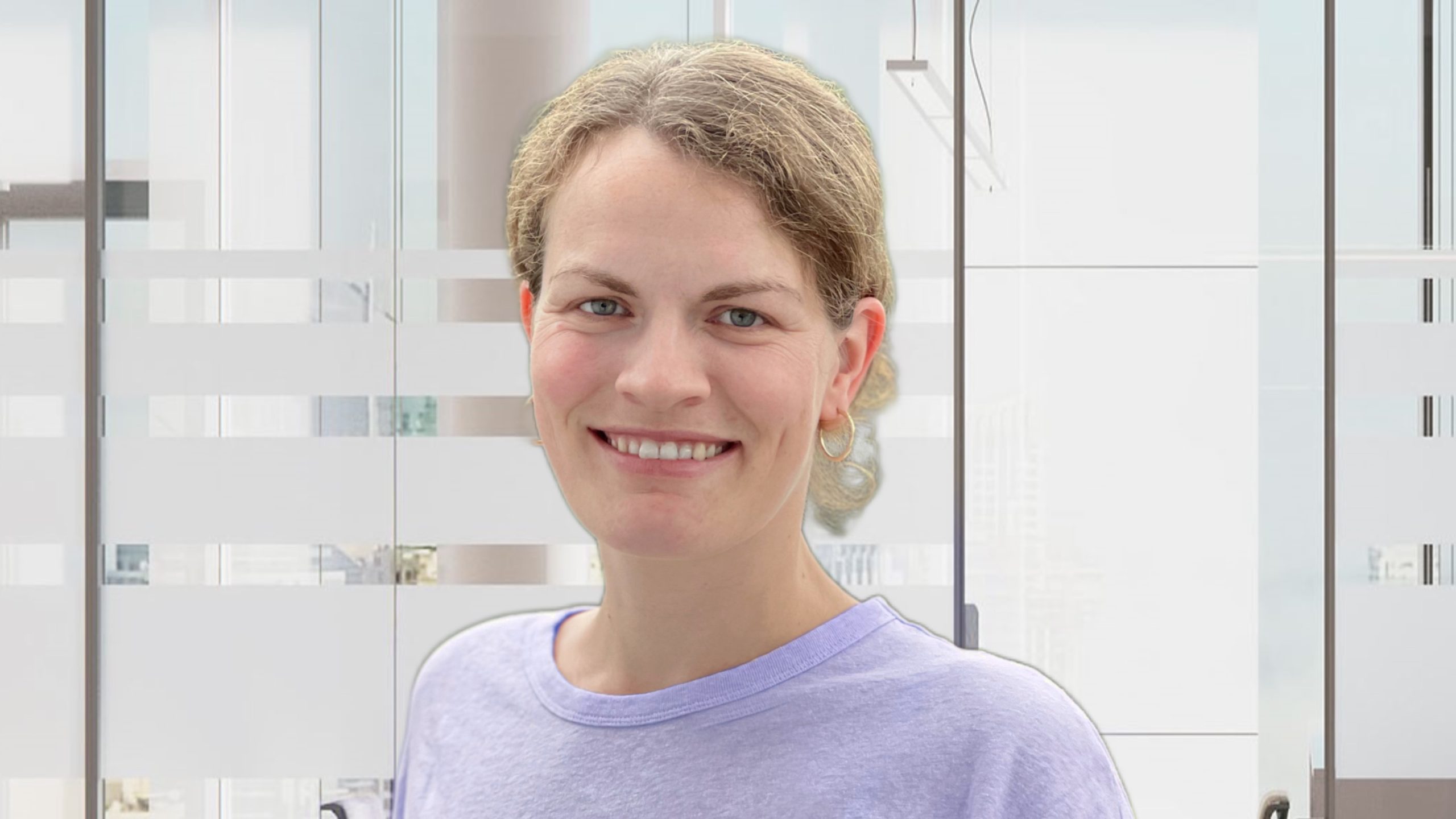Das Begleitprojekt “Liquid Biopsy”
In den letzten Jahren hat der Nachweis zellfreier DNA (cfDNA) im Blut immer mehr an Bedeutung gewonnen. Diese zirkulierende cfDNA im Blut enthält sowohl DNA-Fragmente von gesunden Zellen, aber auch von Tumorzellen. Durch die Analyse dieser sogenannten Liquid Biopsy soll die Möglichkeit geschaffen werden, die Entstehung und den Progress maligner Prozesse zum einen früh und zum anderen möglichst wenig invasiv zu detektieren. Zudem lassen sich aus dem Formkreis der Liquid Biopsy miRNA, Methylierungs- und Proteinmuster im Blut nachweisen. Zukünftig ist denkbar, dass diese Form der flüssigen Diagnostik auch zur Therapiekontrolle sowie im Rahmen der Nachsorge eingesetzt wird. Aufgrund des hohen Krebsrisikos bei Menschen mit Krebsprädispositionssyndromen (KPS) ist diese blutbasierte und wenig invasive Form der Krebserkennung besonders für KPS-Patient:innen vielversprechend.
Wenn Sie Fragen zum Begleitprojekt “Liquid Biopsy” haben, werden Sie vielleicht schon in den Quicklinks im folgenden Seitenabschnitt fündig. Oder Sie nehmen einfach Kontakt zu uns auf:
Wenn Sie Fragen zum Begleitprojekt “Liquid Biopsy” haben, werfen Sie doch einfach einen Blick auf die nebenstehenden Quicklinks. Oder Sie nehmen einfach Kontakt zu uns auf:
Quicklinks zu “Liquid Biopsy”
Voraussetzungen zur Anmeldung
Das Liquid-Biopsy-Projekt ist ein Begleitprojekt zum Krebsprädispositionssyndrom-Register. Daher ist die Registrierung im KPS-Register Voraussetzung für die Teilnahme am Liquid-Biopsy-Projekt. Im ersten Schritt werden Liquid Biopsies bei Patient:innen mit folgenden KPS erfasst:
Durchführung
Bei Patient:innen ausgewählter KPS sollen alle 6 Monate ca. 10 ml Blut entnommen werden. Für die Entnahmen sind spezielle Blutröhrchen erforderlich, die von der Registerzentrale des KPS-Registers 01 zur Verfügung gestellt werden. Die Blutentnahme kann im Rahmen einer anderen diagnostischen oder routinemäßig vorgenommenen Blutentnahme erfolgen.
Zur Identifikation der Proben werden diese mit den Initialen, dem Geburtsquartal und Geburtsjahr des Patienten bzw. der Patientin beschriftet und an die Registerzentrale nach Hannover versandt. Hier erfolgt die Weiterverarbeitung und Sammlung der Proben, die dann gebündelt zur weiteren Analyse ins DKFZ nach Heidelberg überführt werden.
Aufgrund der Forschungsergebnisse werden keine klinischen Entscheidungen getroffen und die Patient:innen werden nicht über Ergebnisse ihres Bluttests, der nur für die Etablierung von Markern verwendet wird, informiert.
Durch dieses Forschungsvorhaben soll perspektivisch die frühzeitige und möglichst wenig invasive Detektion maligner Prozesse oder deren Progress ermöglicht werden. Der Abgleich mit den bei KPS-Patient:innen durchgeführten Früherkennungsuntersuchungen, die im Rahmen des KPS-Registers 01 registriert werden, erlaubt beispielsweise Rückschlüsse auf den zeitlichen Zusammenhang zwischen im Blut messbaren Markern und klinischem Auftreten von Symptomen, radiologischem Nachweis eines Tumors oder Veränderungen anderer Laborwerte. Ein direkter persönlicher Nutzen ergibt sich für die an dem Forschungsvorhaben teilnehmenden Patient:innen nicht.
Patientenanmeldung für das Begleitprojekt “Liquid Biopsy”
Wir freuen uns sehr, wenn sich Menschen, die mit einem KPS leben, dazu entscheiden, am Begleitprojekt “Liquid Biopsy” teilzunehmen. Dazu gibt es zwei Möglichkeiten:













